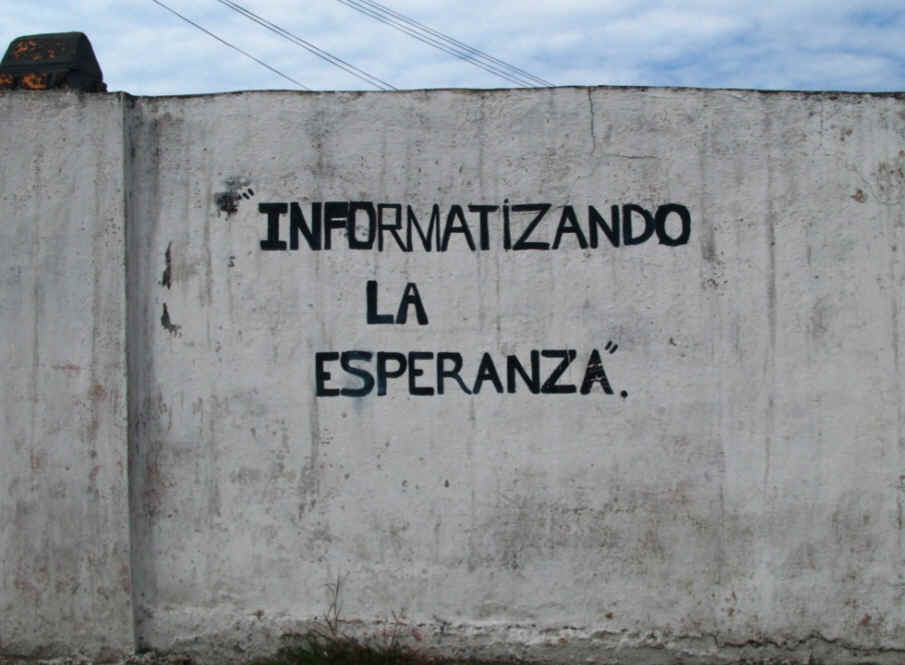|
Regional is a US based firm that has run some projects in
and about Cuba:
Technology and Society in
Cuba (ongoing)
REGIONAL’s long-term engagement with Cuba has intensified further.
Planning is underway for the deployment of a custom technological solution
that will significantly ease the transfer of digital information without
the use of the internet. In addition to the management of their own
project in Cuba, REGIONAL has been advising other initiatives in
Cuba, covering film, architecture and media.
Freedom House (Spring 2009)
In Spring 2009 REGIONAL was selected by Freedom
House to train and advise a leading Egyptian liberal media entity in
the application of new-media tools in the expansion of their role in
Egyptian society. In Sharm el Sheikh and Cairo, REGIONAL led
interactive training and strategy programs for a staff of 30
creative-workers and journalists. Subject modules included tactical
collaborative filtering and sourcing, citizen-involved journalism, the
integration of social networking into publishing models, and editorial and
community strategy. In preparing recommendations, REGIONAL performed
field-research on the organizational culture of the client and the
cultural and operational context in Egypt relevant to the development of
new cultural activities. REGIONAL will be continue to advise Freedom House
on further resource allocation and developmental priorities for their
initiatives supported in Egypt.
Harvard
(Budapest – Summer 2008)
From June 23-25, Harvard’s Berkman
Center for the study of the Internet and Society hosted a three-day
event in Budapest with approximately 25 leading academics and
practitioners working in the field of the Internet
and Democracy. We were invited to speak directly on the subject of the
internet and democracy in authoritarian regimes and were on a panel with
John Kelly, who alongside the Berkman center recently mapped the Iranian
Blogosphere. We presented our research on informal information
exchange in Cuba, discussing demoracy as a lived process of pluralistic
discourse and decentralized empowerment, and the internet as including all
the possibilities of digitally networked public spheres. To conclude we
questioned if a smooth transition to democracy from authoritarianism is
far from guaranteed, particularly given a long history of state control,
and argued that initiatives should center on small ‘d’ democracy for
citizens to prepare themselves for collective participation. (excellent
documentation from Patrick
Meier)
Stanford Human Computer Interaction (Stanford Univerity – 2008)
The Stanford HCI Department invited us to speak in their ongoing lecture series on People, Computers and Design. The Stanford HCI Group works across disciplines to understand the intersection between humans and computers. For this talk we led an expanded discussion on our work with emerging technology in Cuba and the lessons it offers for social dynamics and technological development across the world. (link to abstract of talk. link to lecture series website)

From Regional's web site
O’Reilly Emerging
Technology Conference (San Diego – 2008)
“Of necessity and humanity: what Cuba can teach us about ourselves
and our own technology.” The Cuban people live in acute technological
scarcity, yet illuminate strategies for living and creating in a society
of excess. This talk will share inspiring adaptations and surprising
interpretations of technology in a country that is constantly on the brink
of emergence and complete transformation. (link
to conference. link
to REGIONAL’s Cuba talk.
link to report on BoingBoing. link
to Cory Doctorow’s extensive notes.)
|



